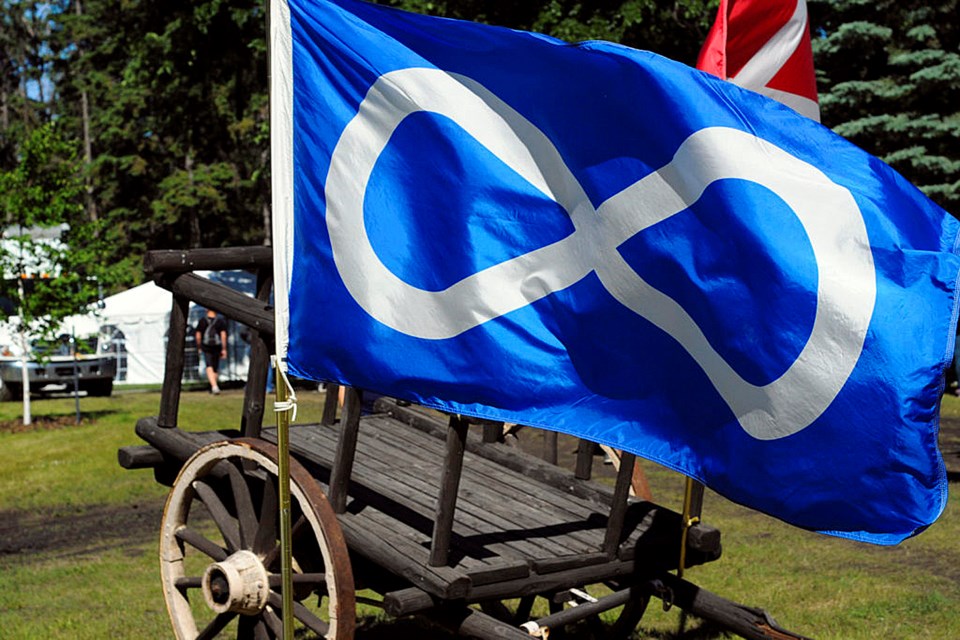WEBEQUIE, ON: Following the Matawa Annual General Meeting 2022, Matawa Chief Council has set out to develop their own mining operations in Ontario without the cooperation of Nishnawbe Aski Nation, Chiefs of Ontario, the Assembly of First Nations, and the Metis Nation of Ontario.
“Mining is an important and complicated issue challenging First Nations across Ontario land subject both to Treaty and unceded lands. The Matawa Chiefs Council recognize the efforts of Eabametoong First Nation with the Landore decision. It is our intention to assist and support a First Nation-driven mining approach for the consideration of the Chiefs of Nishnawbe Aski Nation and the Chiefs of Ontario Assembly going forward,” said Chief Bruce Achneepineskum of Marten Falls First Nation. “First Nations north and south of the undertaking must work together in order to deliver the maximum rights recognition and economic benefits that are required for our communities to be self-determining, and secure our own prosperity and future.”
On the one hand, ceasing control over the resources on Matawa territory will promote and support stable economic growth for the First Nations community.
On the other hand, Matawa argues that outside organizations such as Nishnawbe Aski Nation, Chiefs of Ontario, and the Assembly of First Nations should not share in this project without the expressed consent of the Matawa Chief Council. Matawa claims that NAN, COO, and AFN proposed a National Benefit-Sharing Framework for economic self-governance; however, because these parties hold no land rights to the Matawa territories, Matawa warns any organization about overstepping the sovereign rights of the Matawa community.
“As Treaty rights holders, the MCC are alarmed and will not stand by to watch the potential encroachment on the Matawa homelands and traditional territories,” said Chief Wayne Moonias of Neskantaga First Nation. “These parties and organizations must respect proper protocols and the autonomy of our communities who are the vested Indigenous rights holders. Nishnawbe Aski Nation, Chiefs of Ontario and the Assembly of First Nations are not proxies or the granters of consent on any issue that impacts the Matawa member First Nations. Our jurisdiction and title lie within our communities and our People.”
Moreover, Matawa completely rejects the Metis Nation of Ontario’s historical and ancestral claims to any assertion of treaty land rights.
The Matawa Chief Council urges the public to understand that the Metis people are relatives and community members of many First Nations communities. However, the Matawa Chief Council does not recognize the Metis Nation as a constitutional equal.
Therefore, the Matawa Chiefs Council believes that the Metis people of Ontario should hold no land rights within the Matawa traditional territories.
“On the issue of Métis claims into the Matawa homelands and traditional territories—the Matawa Chiefs Council wants to clarify that the issue is based on the level of recognition being granted to a people/group that does not have the historic and ancient ties to the land that we call home. Our communities do not exclude the non-status people who are part of our families and communities,” said Ogamakan Michael Sugarhead of Nibinamik First Nation. “The Matawa Chiefs Council position is intended to state that the Métis Nation of Ontario corporate organization that has been recognized by the signing of a self-government agreement by the Government of Canada and in legislation by the Province of Ontario is not the constitutional equals of our First Nation communities.”
In response to Matawa Chief Council, David Wills, Senior Vice President of the Metis Nation of Ontario said, "Métis are a distinct Indigenous people as affirmed in Section 35 of Canada’s Constitution Act, 1982. Métis are Section 35 rights holders as was re-affirmed by the Supreme Court of Canada in R. v. Powley. Métis rights are not derivative or secondary to First Nation rights, and where the rights of Indigenous communities may overlap the Crown’s duty remains. We respect Indigenous nations in exercising their rights and determining their way forward in the best interests of their people and future generations. The MNO, as the democratically elected Métis government representing Métis citizens and Métis rights-bearing communities in Ontario, will continue to exercise our rights. We have and will continue our government-to-government relationships with Canada and Ontario to advance our priorities. We have a long history of standing together with other Indigenous nations and communities in our collective call for respect and recognition and welcome dialogue on any of these matters at any time."
